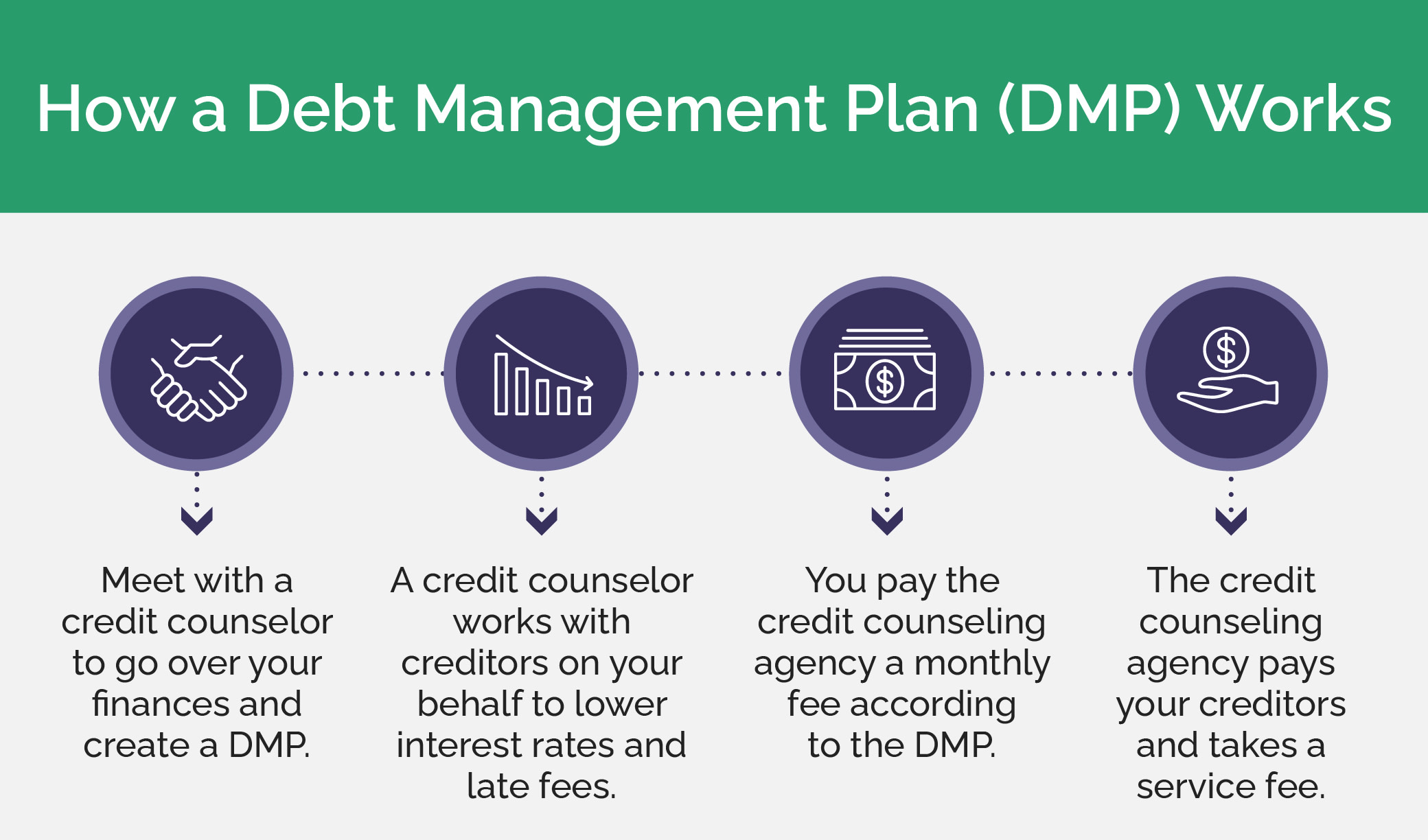Expert Tips and Techniques for Implementing a Successful Financial Obligation Monitoring Strategy
When it comes to browsing the intricacies of financial obligation administration, having a well-thought-out strategy is critical for attaining economic security. From examining your present monetary standing to discussing with lenders, each step plays a critical role in shaping an effective financial debt administration plan.
Examining Your Current Financial Circumstance
Before beginning on a financial debt administration plan, it is crucial to thoroughly evaluate your current financial standing. Recognizing your economic circumstance is the foundational step towards effectively taking care of and lowering your financial obligation.

Creating a Realistic Budget Plan
Understanding your present financial scenario lays the groundwork for developing a practical budget plan that aligns with your financial debt administration goals and economic capacities. When producing a budget plan, it's crucial to properly track your earnings, expenses, and financial debt commitments. By categorizing your expenses, you can determine locations where you may require to reduce back to free up funds for financial obligation repayment.

Prioritizing and Tackling Debts
To properly regain control of your financial resources and job towards monetary stability, prioritizing and tackling your financial obligations is a crucial step in your financial obligation monitoring strategy. Recognize high-interest debts that are costing you the most money and prioritize paying them off.
After determining your high-interest financial obligations, take into consideration making use of approaches like the debt snowball or debt avalanche method to pay them off systematically. The financial obligation snowball approach entails repaying the tiniest financial debts initially, while the financial debt avalanche approach focuses on financial obligations with the highest possible rate of interest. Pick the approach that straightens finest with your monetary goals and motivates you to keep making progress.
Additionally, consider working out with financial institutions for lower rate of interest or establishing a layaway plan if you're struggling to meet your existing commitments. Seeking aid from a credit therapist or monetary advisor can additionally supply important insights and advice on exactly how to effectively tackle your financial debts - debt management plan services. By focusing on and addressing your debts purposefully, you can lead the means towards a debt-free future and improved economic wellness
Working Out With Creditors
When engaging in financial debt management, bargaining with creditors is an important action towards discovering equally advantageous options for financial debt repayment. Prior to initiating negotiations, it is essential to have a clear understanding of your financial scenario, including your Your Domain Name earnings, costs, and the overall amount of financial obligation owed.

Building Healthy Economic Habits
Integrating constant budgeting techniques is important for cultivating healthy and balanced monetary behaviors. Budgeting permits individuals to track their income and costs, allowing them to make enlightened choices concerning their financial priorities. Setting certain economic goals, such as saving for emergency situations or retired life, can provide a clear roadmap for managing money properly.
Another key aspect of building healthy economic habits is living within one's ways. This includes costs much less than what is made and preventing unneeded debt. Identifying and taking on a prudent way of thinking in between requirements and desires can assist individuals make more prudent investing selections.
Routinely evaluating monetary statements and keeping an eye on credit scores records are critical routines that promote economic understanding and duty. By remaining notified about their economic standing, people can identify potential concerns at an official source early stage and take proactive actions to address them.
In addition, establishing a financial savings routine, even with percentages, can add substantially to long-term monetary security. Conserving on a regular basis not just develops an economic cushion for unanticipated costs yet also promotes a feeling of discipline and obligation in the direction of finance. By continually practicing these routines, people can my latest blog post lay a strong structure for a stable monetary future.
Verdict
To conclude, executing an effective financial debt management plan needs a comprehensive analysis of one's economic scenario, the growth of a realistic budget, prioritizing and dealing with financial obligations, bargaining with creditors, and building healthy financial practices (debt management plan services). By complying with these specialist pointers and techniques, people can take control of their financial resources and job in the direction of accomplishing economic security and flexibility from financial debt
Recognizing your existing economic scenario lays the foundation for developing a reasonable budget plan that lines up with your debt management goals and economic capacities.To effectively restore control of your finances and work towards economic security, prioritizing and tackling your debts is an important step in your financial debt monitoring plan.After identifying your high-interest financial debts, take into consideration utilizing techniques like the debt snowball or financial debt avalanche approach to pay them off methodically. The debt snowball approach includes paying off the smallest financial debts first, while the debt avalanche technique prioritizes financial debts with the greatest interest prices.When engaging in financial obligation administration, discussing with creditors is an important step in the direction of finding mutually beneficial options for debt payment.